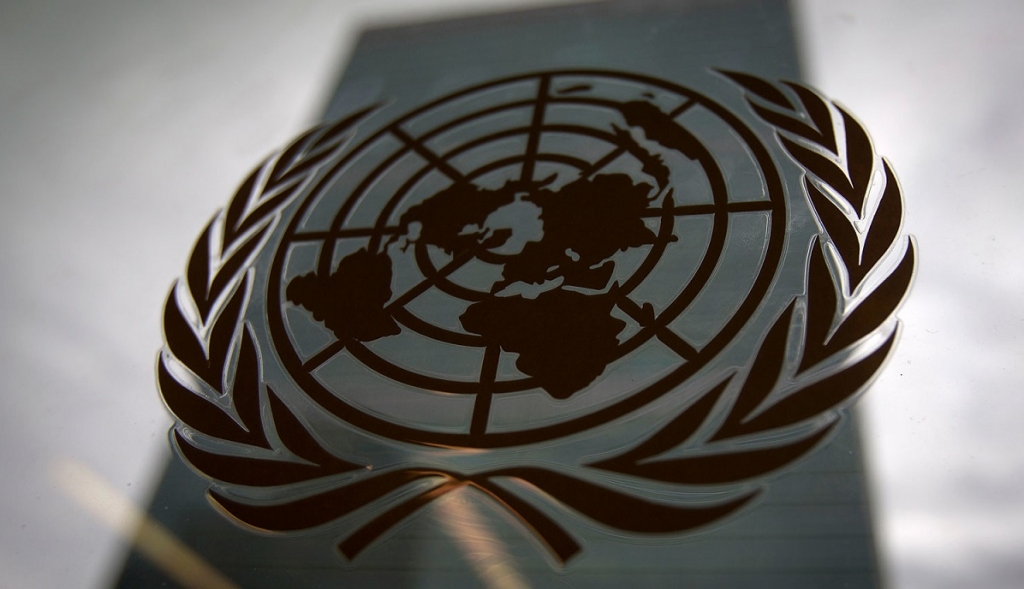Remarks by Vassily Nebenzia, Permanent Representative of Russia to the UN, at the Arria-Formula VTC of UNSC members "Implementation of UNSCR 2118: Upholding the Authority of the OPCW"
Dear colleagues,
Thank you for participating in our today’s event.
There are two main reasons behind our initiative. First, for too long a time we discussed Syrian chemical file behind closed doors. Russia sees no reason to further prevent increasing transparency of this file – we have nothing to hide. On the contrary, we have a lot to present to the public at large. Therefore, on our proposal, the regular Security Council meeting on chemical Syria in September was held in open. The public is too often presented with only one version of events – stamped with the authority of investigative mechanisms whose objectiveness and professionalism – we are told – cannot ever be challenged.
Second – the Syrian chemical file is extremely politicized. In the meantime, conclusions of these investigative mechanisms are used as a tool to implicate the Syrian Government. At the same time arguments of those who oppose “biased conclusions” of the investigative mechanisms are not seen, are ignored or not taken into account. There is no real professional discussion of this issue. Meanwhile there are many, many reputed international experts who have their own informed opinion on accusations levelled at the Syrian Government.
And today I would like to introduce to you our briefers who have substantive expertise on matters related to Syrian chemical dossier. They are widely known to general public and invest relentless efforts to share their findings with the international community.
These experts shed the light of objectivity on controversial findings of the OPCW Technical Secretariat (TS).
Today we have with us Ian Henderson, one of the most experienced OPCW inspectors, a former Team Lead participating in the investigation of the Duma incident by the OPCW Fact-Finding Mission (FFM).
We also have with us Aaron Mate, an independent journalist, frequent contributor to The Grayzone and The Nation, whose most recent article «Did Trump bomb Syria on false grounds» stirred a wide response internationally.
We are glad to greet today professor Theodore Postol, professor emeritus of Science, Technology and International Security at the Massachusetts Institute of Technology. His detailed analysis of the Khan Sheikhun incident that focused on numerous discrepancies in the FFM report was suspended from publication in one of the most prominent scientific magazines on political grounds.
One disclaimer before we start: we did not (and we never do) indoctrinate our briefers what to say. We did not orchestrate this meeting. We just want them to share their views on the matter. We would welcome questions from the participants of today’s event. Should such questions arise.
We hope that our briefers will help all of us to look at the Syrian chemical dossier with unbiased optics.
And now I would like to give the floor to my colleague, co-host of this event, the representative of China – H.E. Geng Shuang.
***
We have little time left. I am not doing any wrap up or any kind of assessment of what happened today. I just wanted to say that the discussion showed clearly two things. First, that it continues to generate immense interest among Member-States. The turnout speaks for itself. Secondly, that we are in profound divergence on how we treat those episodes. We were not naive. We knew that we would not be able to convince anybody here.
The one that does want to hear would not listen. And this discussion also demonstrated it. I sympathize with Professor Postol who was caught in the outrage from the statements that he did not expect. But believe me, Professor, that we find ourselves quite often in this Council when we have to hide our outrage as much as we can. The aim of the discussion was to bring facts to the table and not to neglect them, not to shy away from them, not to sideline them.
Given that the political Syrian dossier is extremely politicized, of course we could not expect that we will succeed completely, but we think that we will continue this exercise. We promised it at the last meeting on the Syrian chemical file. And we will continue to indicate to both the Security Council members and the general public on what really is happening in Syria. We are also against impunity and for attributability of those crimes to those who committed them. The question is who committed them. That is a big difference between us and those who advocate the other thing.
***
I think that we came to an end of this meeting. I sincerely thank all the participants and in particular, of course, the three briefers for their insights, for their courage and for their approach. I think that nobody can challenge that. The approach that they demonstrated was objective. And I think we should continue this dialogue in order to find the truth, which is sometimes hidden behind many layers of insinuations that we witnessed through all these years of the Syrian chemical file.
I thank you for participating and goodbye.
